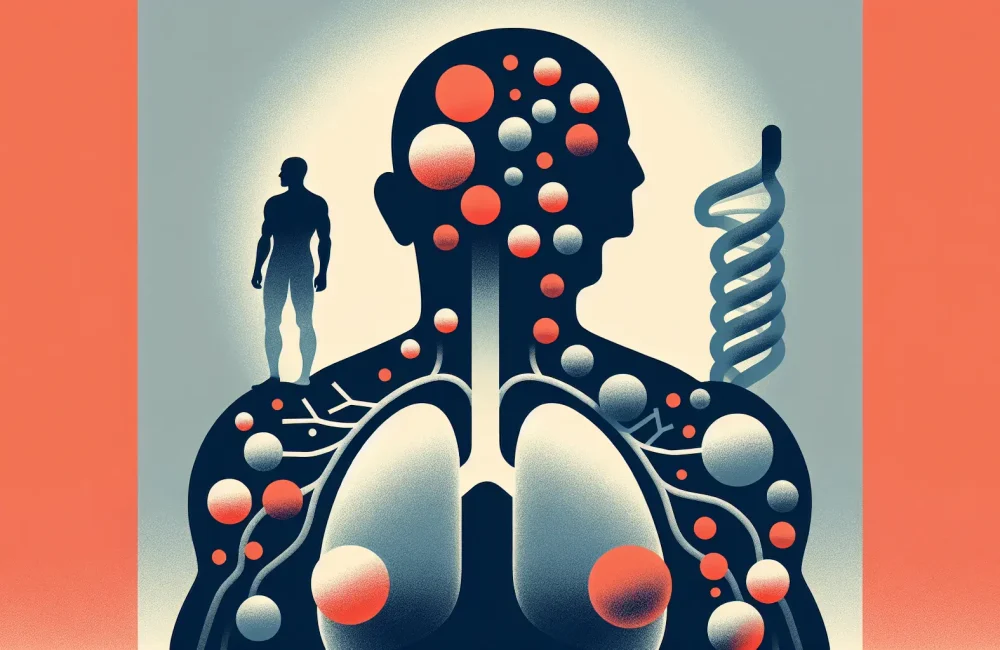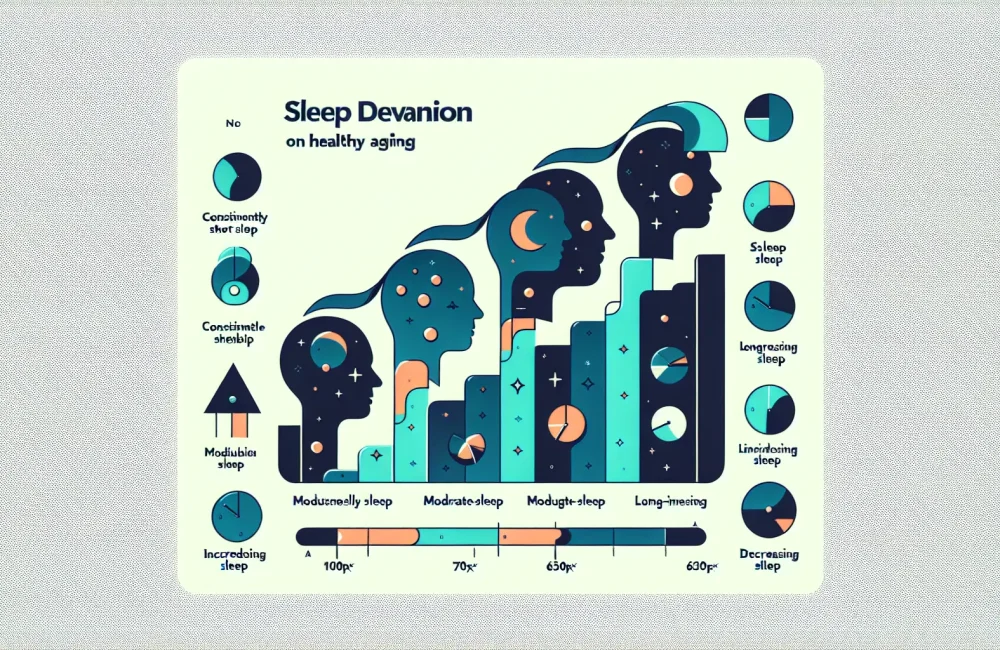By CAFMI AI From Frontiers in Medicine (Open Access)
Key Findings on Lifestyle and Depression in Older Chinese Adults
Depression among older adults is a significant global public health concern, with particular relevance in China due to its rapidly aging population. This national study utilized data from the China Health and Retirement Longitudinal Study (CHARLS), examining adults aged 60 and above to assess how lifestyle behaviors impact depressive symptoms. The researchers used the CES-D 10 scale, a validated tool for depression screening, to identify the presence of depressive symptoms in participants. Healthy lifestyle behaviors evaluated included non-smoking, moderate or no alcohol consumption, regular physical activity, and a balanced diet. Adjustments were made for several demographic, socioeconomic, and health-related factors to isolate the effects of these lifestyle habits on depression risk. The prevalence of depressive symptoms was considerable in this cohort, underscoring the importance of effective preventive measures. Key findings revealed that individuals adhering to multiple healthy lifestyle behaviors demonstrated a marked reduction in the likelihood of experiencing depressive symptoms. Among the behaviors studied, regular physical activity and a balanced diet showed the strongest protective associations. Non-smoking status and moderate alcohol use also contributed meaningfully to decreased odds of depression. Importantly, these associations remained robust even after adjusting for various potential confounders, lending strength to the evidence that lifestyle plays a crucial role in mental health among older adults in China.
Implications for Public Health and Aging Populations
The study’s findings highlight the importance of promoting healthy lifestyle habits as a public health strategy to alleviate depression among China’s aging population. Encouraging regular exercise, balanced nutrition, and avoidance of smoking can serve as cost-effective and accessible interventions to improve mental well-being. Policymakers and health practitioners are encouraged to integrate mental health promotion with lifestyle modification programs targeting older adults. Such efforts may not only reduce the burden of depression but also improve overall health outcomes and quality of life in this vulnerable demographic. Additionally, culturally sensitive approaches and community-based support systems are vital for enhancing adherence to healthy behaviors among seniors.
Recommendations for Future Research and Practice
Further research is needed to explore the causal mechanisms linking lifestyle factors and depression in older adults, particularly through longitudinal and interventional studies. There is also a need to examine the role of social support, environmental factors, and access to healthcare in moderating these associations. For practitioners, integrating lifestyle assessments into routine geriatric care could facilitate early identification and management of depression risk. Tailored interventions that consider individual capabilities and preferences may enhance effectiveness. Overall, a multidisciplinary approach combining physical health, mental health, and lifestyle management holds promise for addressing depression in the rapidly growing elderly population in China.
Read The Original Publication Here






